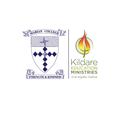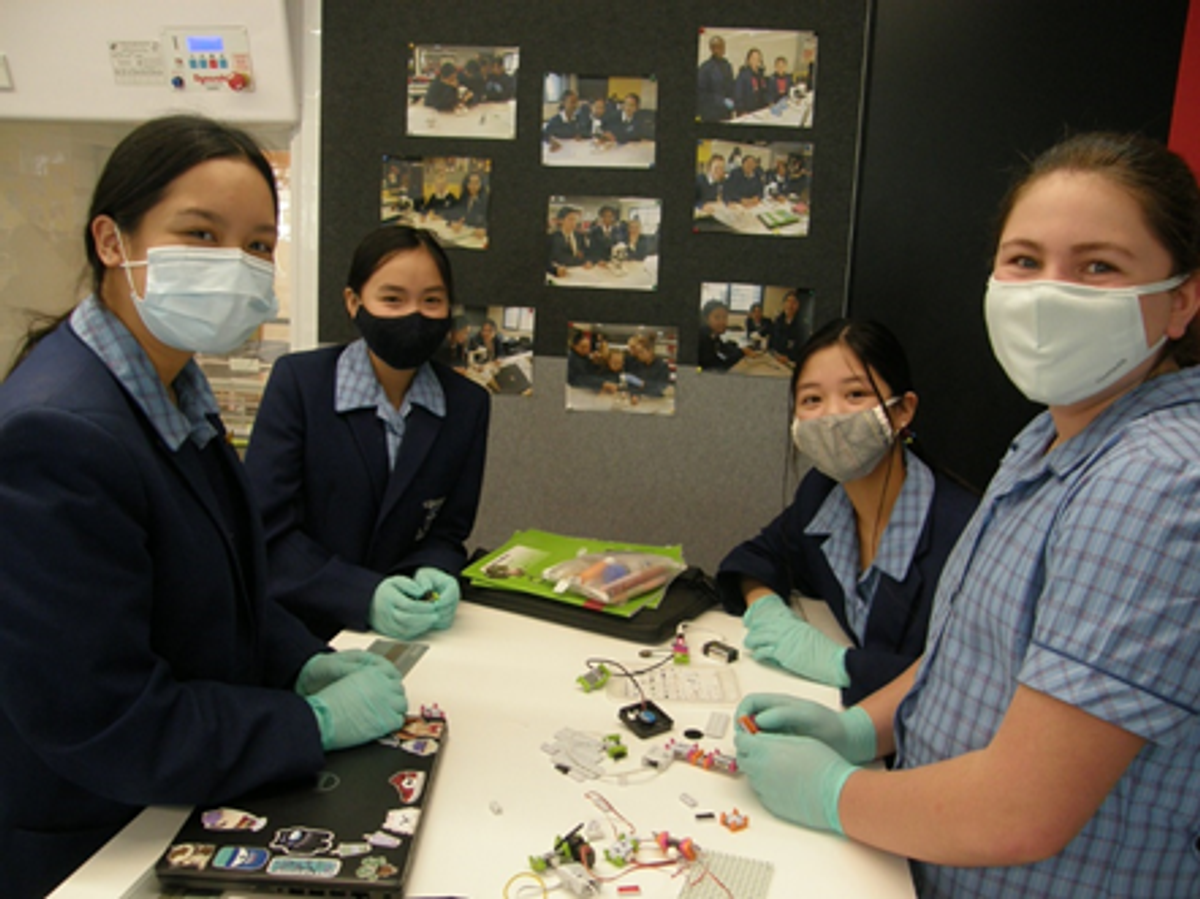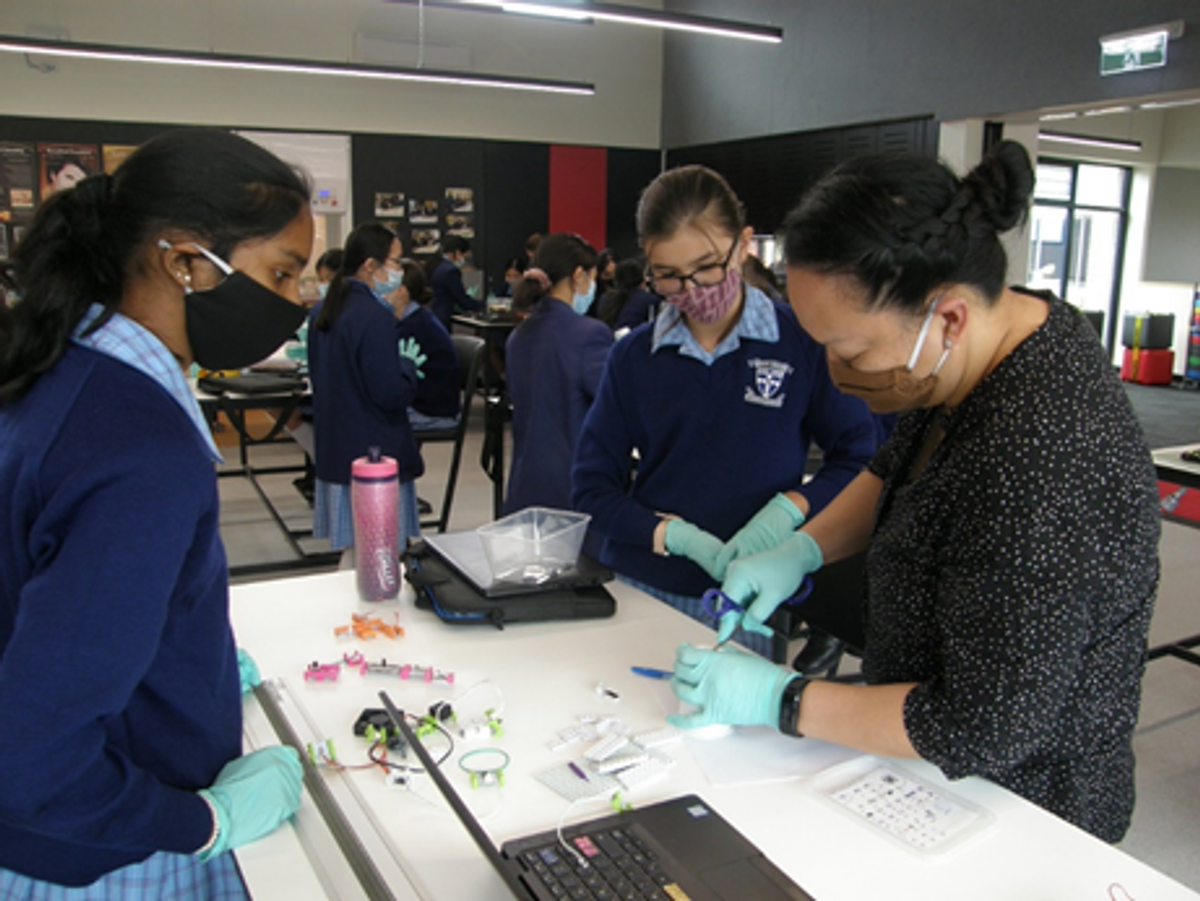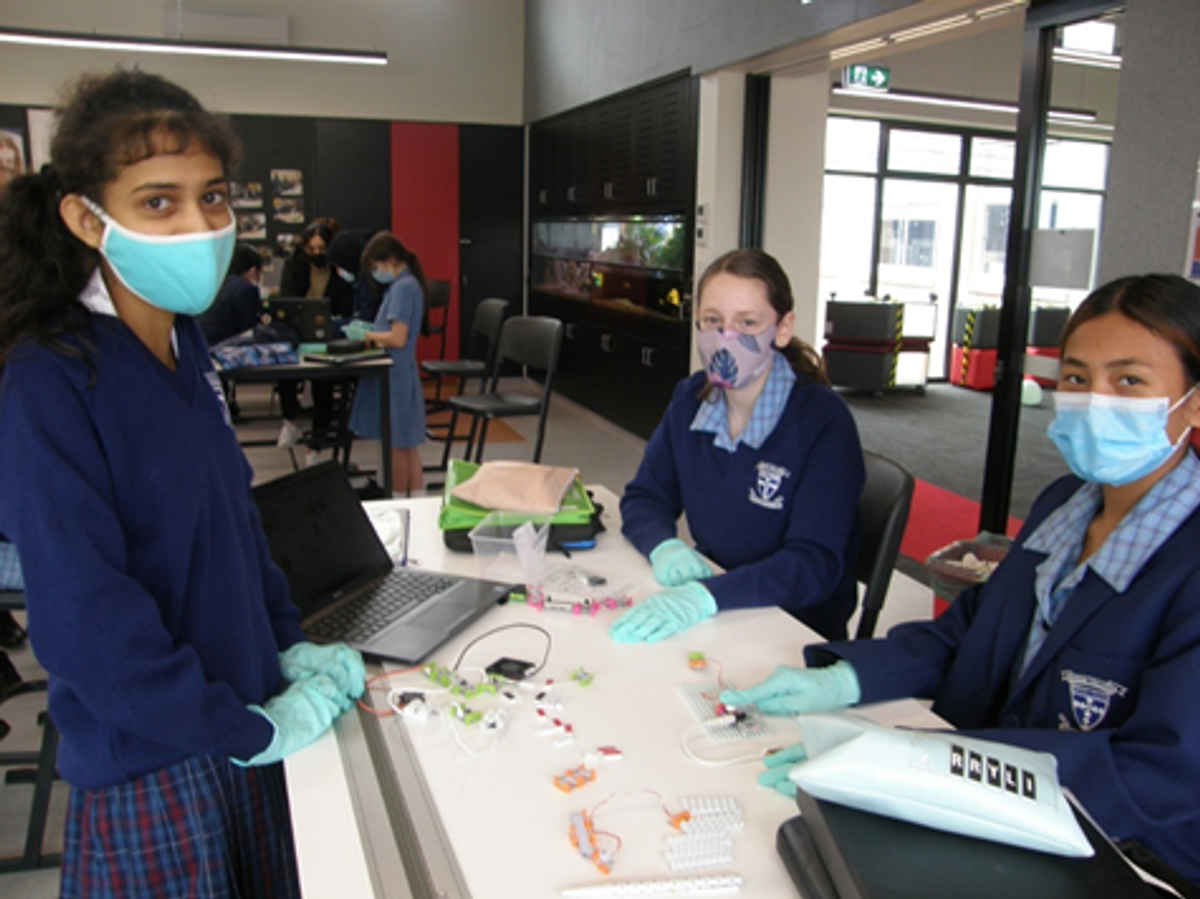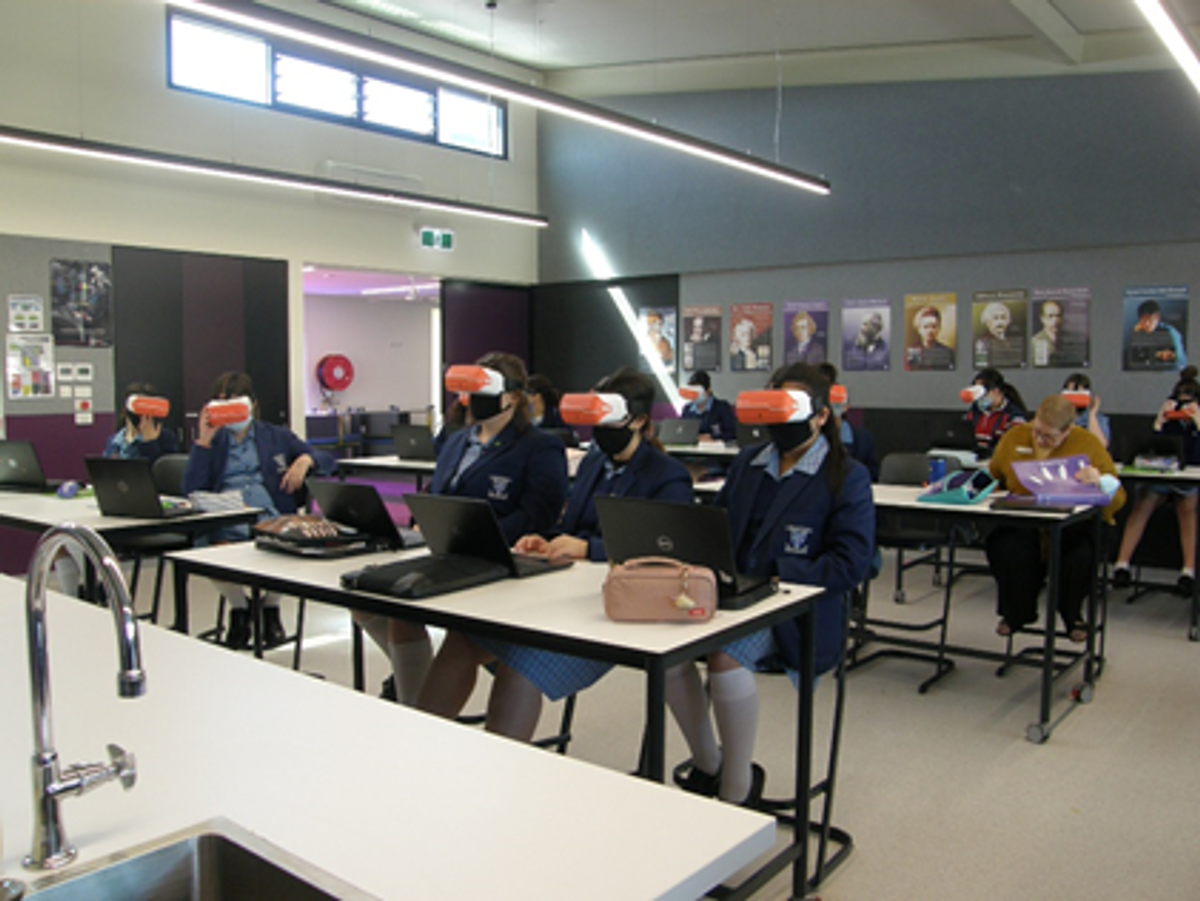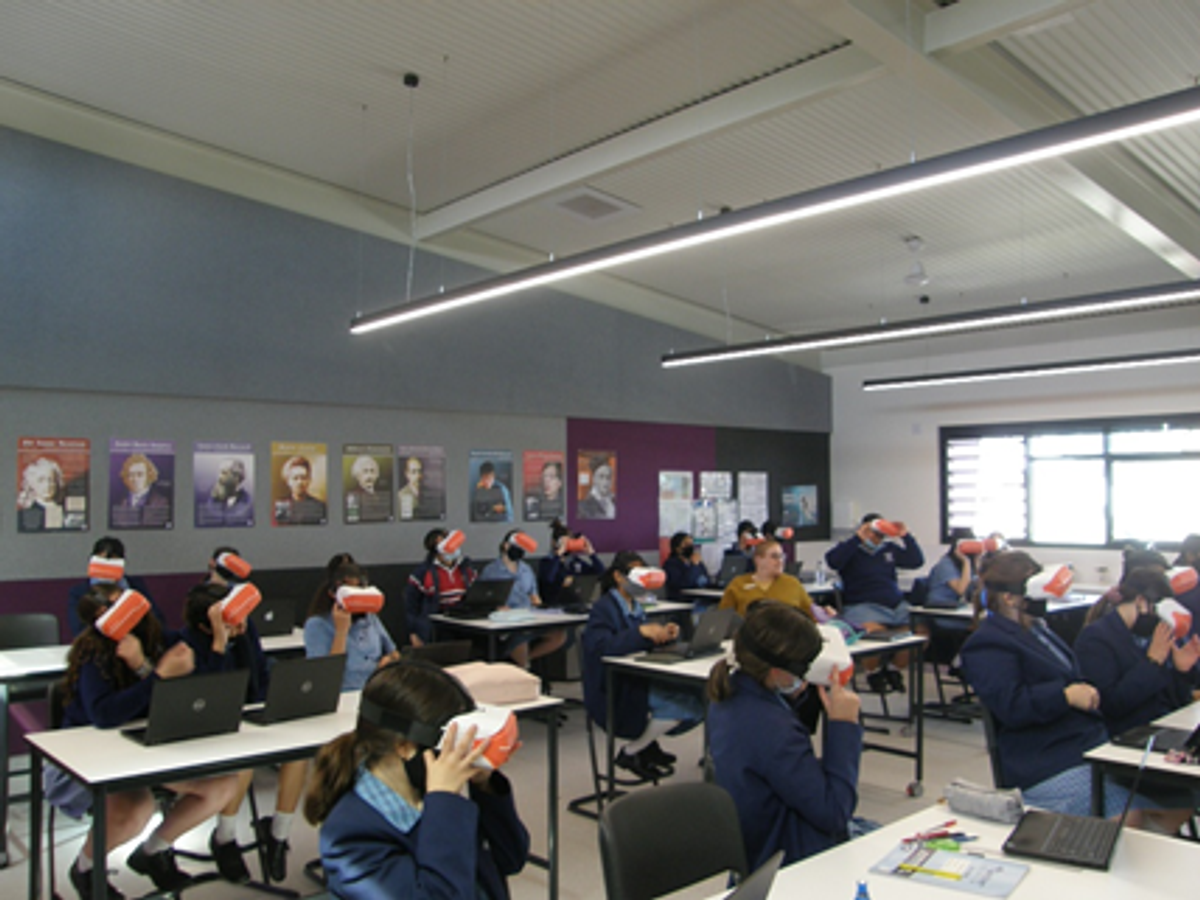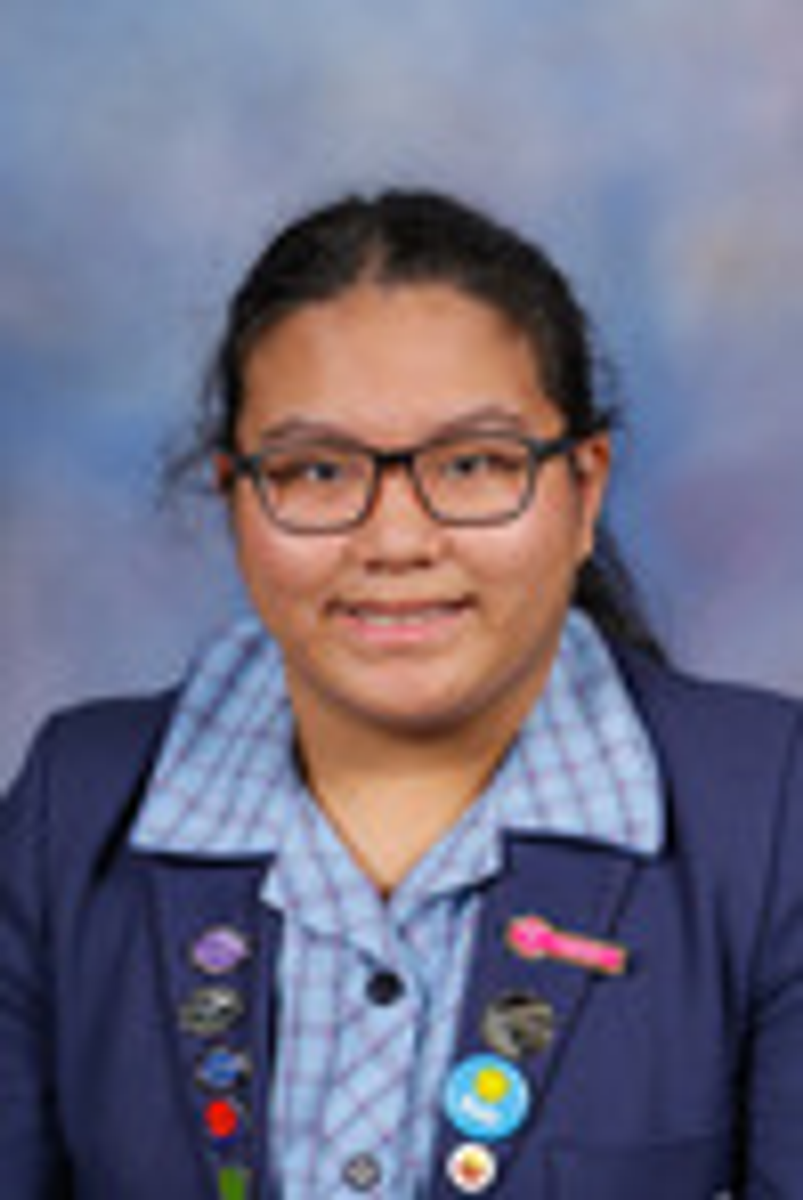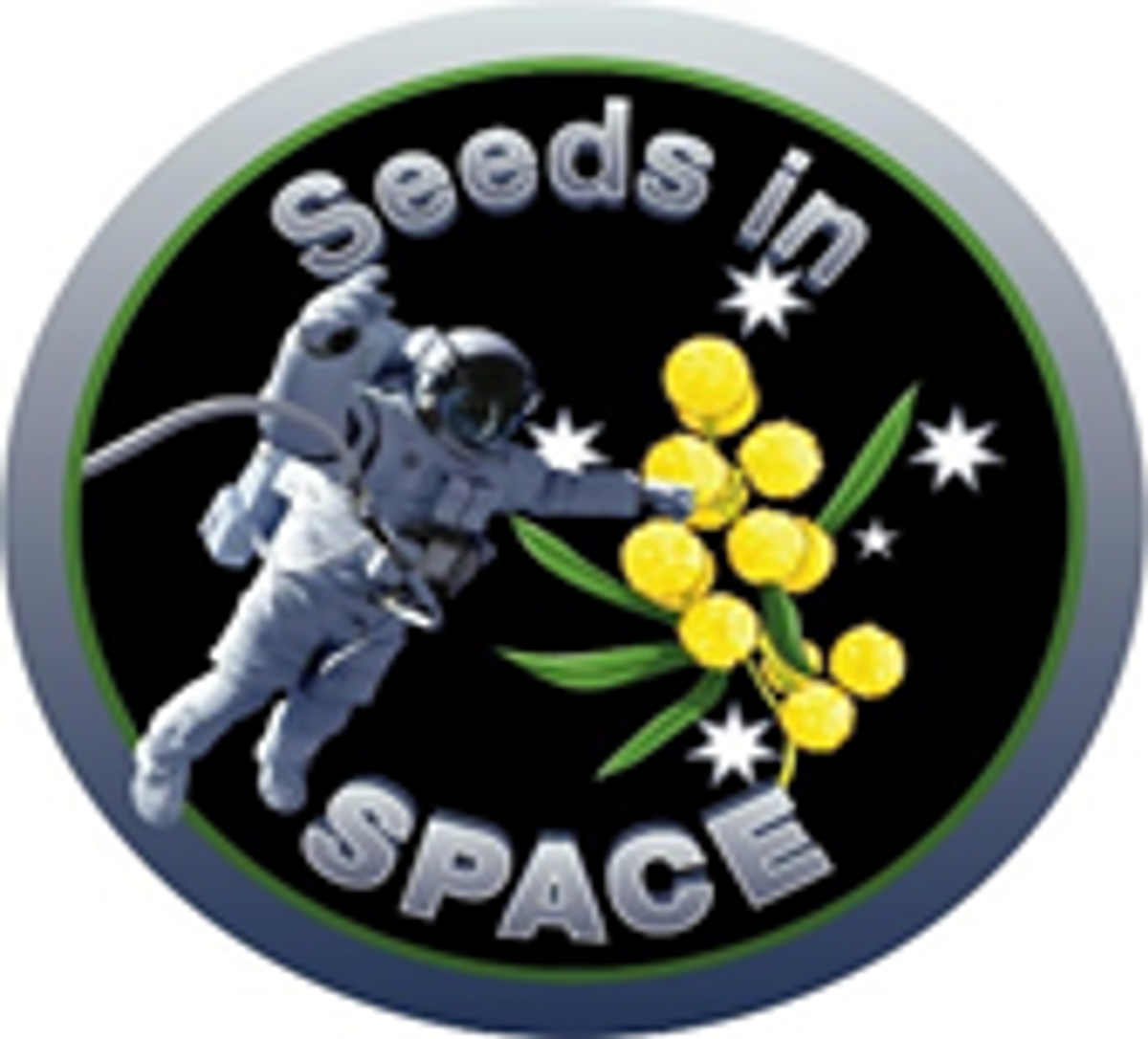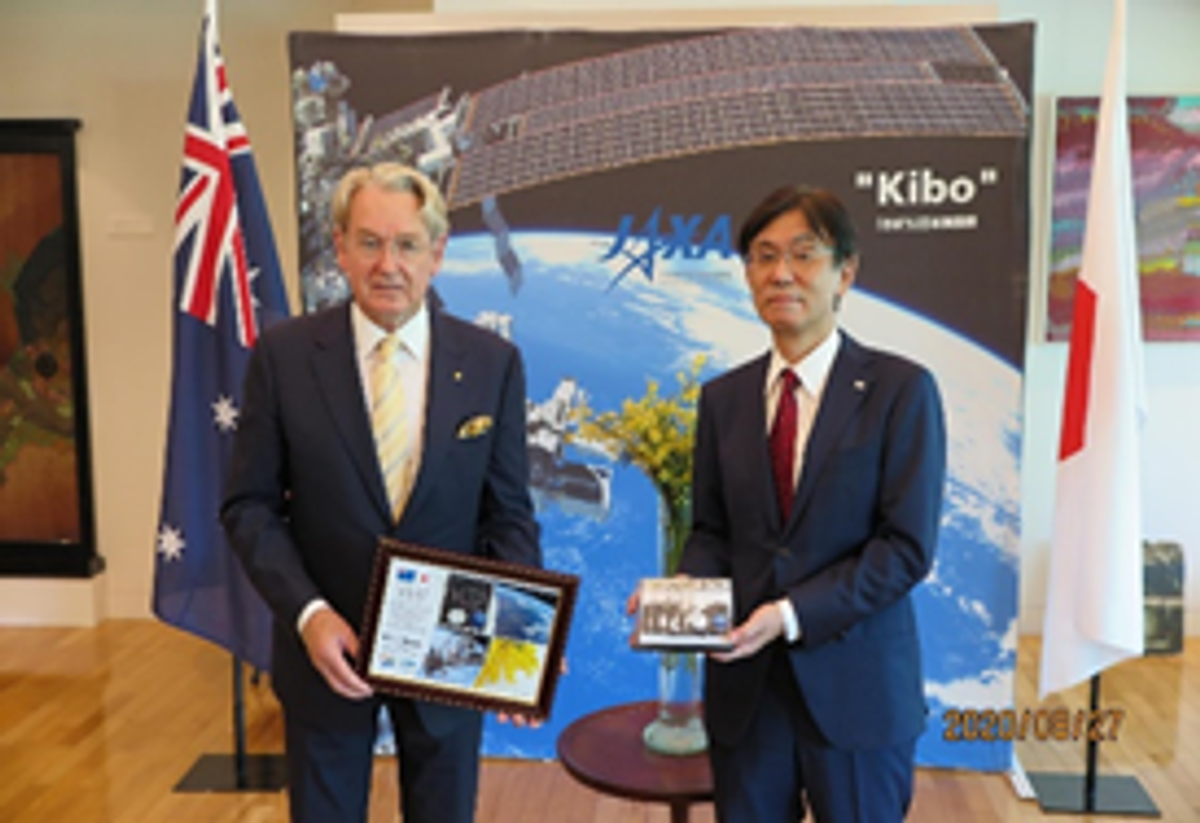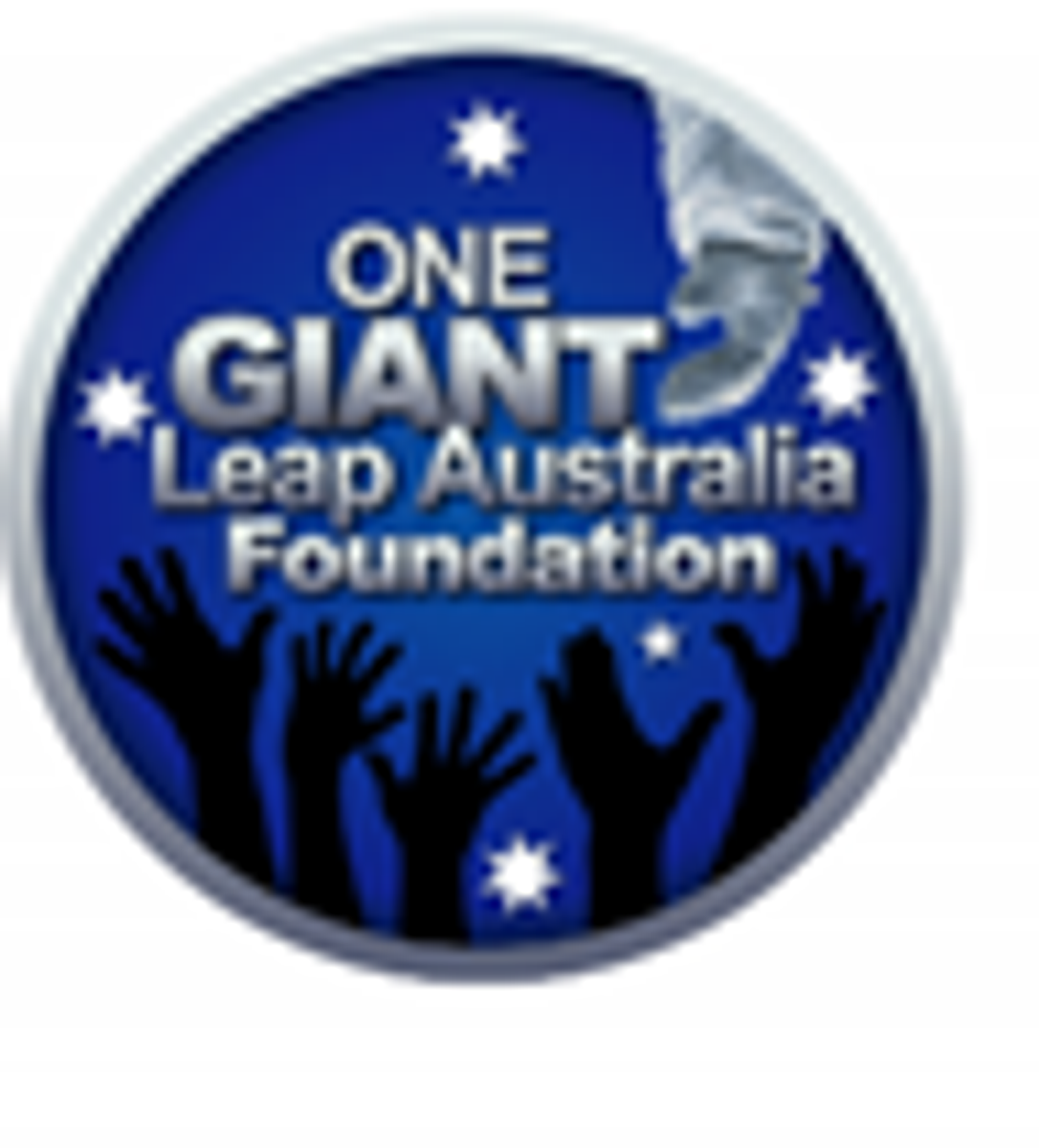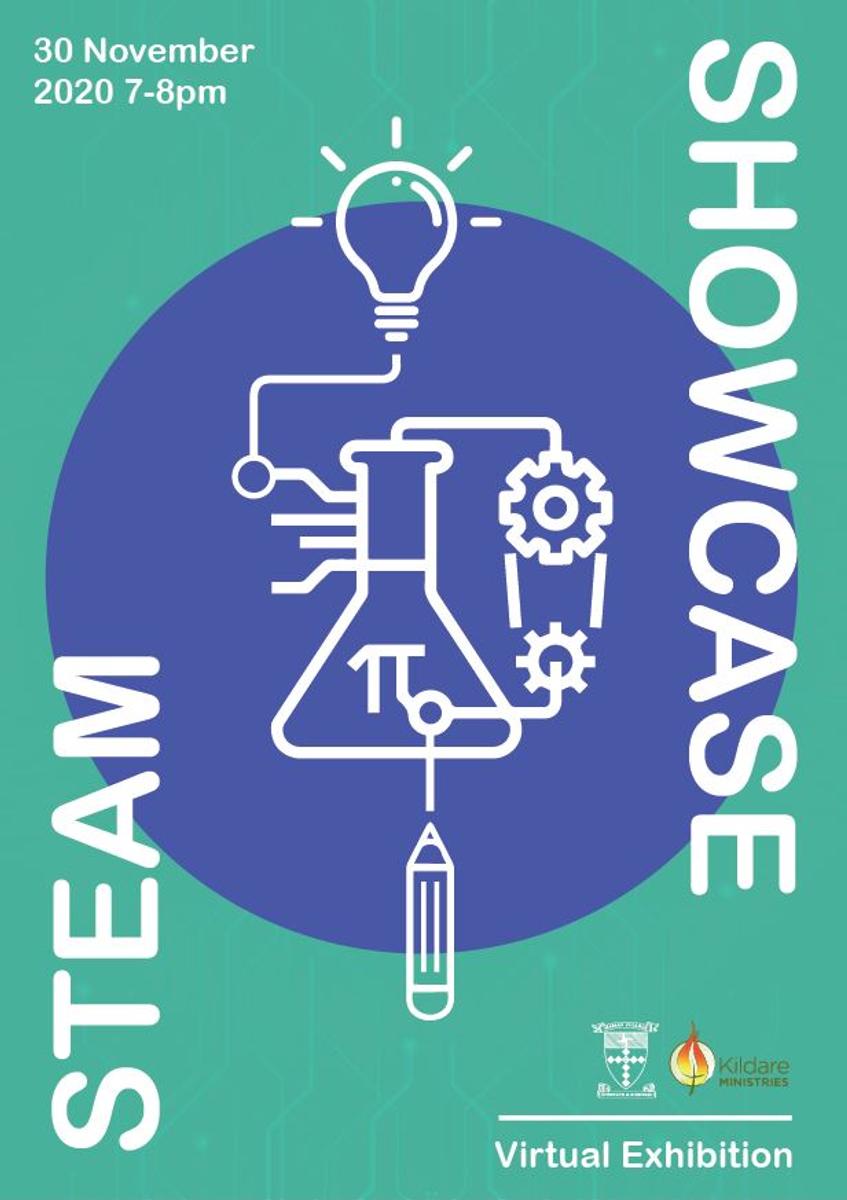Science
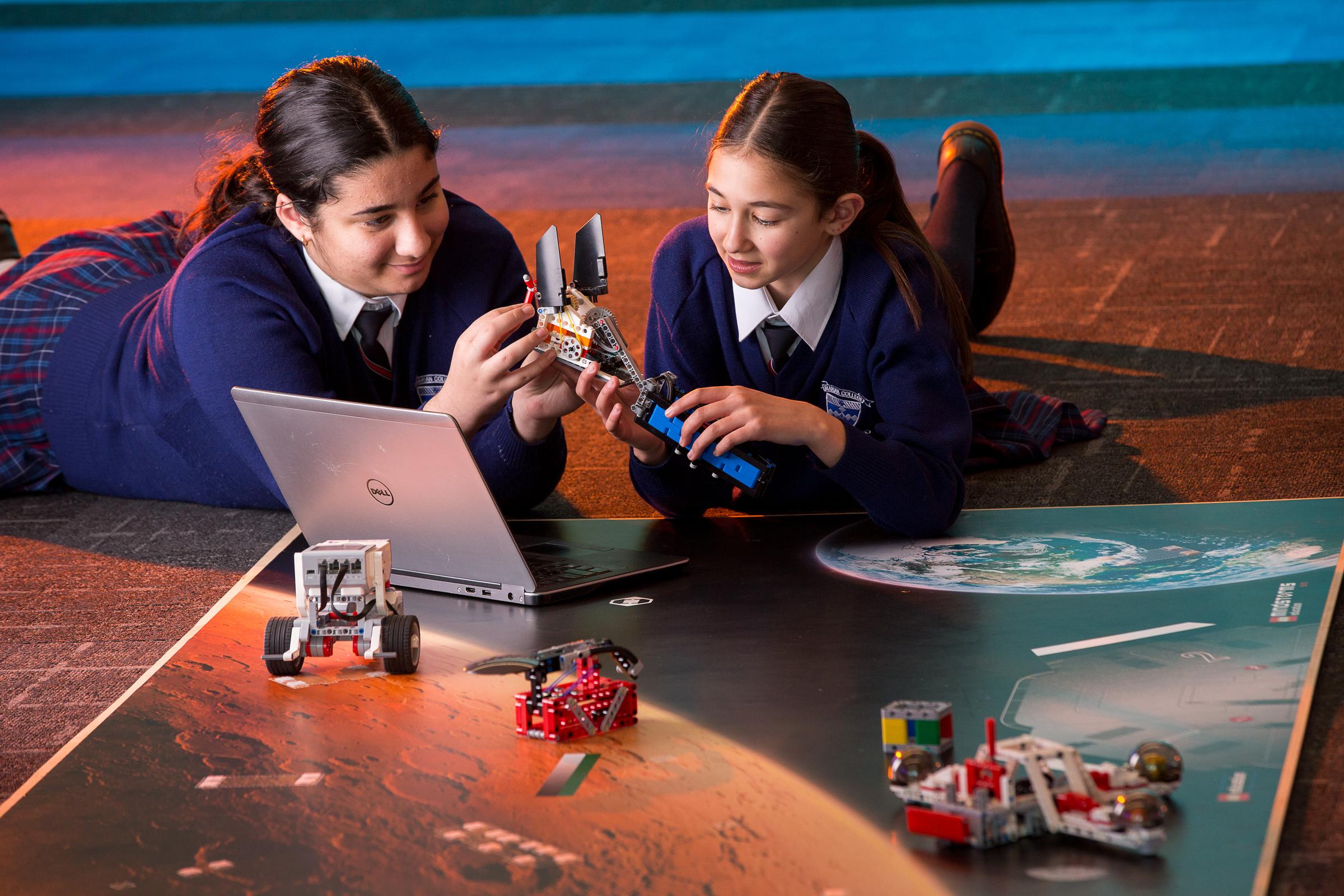
STEAM Projects
This term all Year 7 and 8 students have been working on STEAM inquiry based units in Science. At Year 7, as part of their Simple Machines unit, the students have been working with Littlebits, which are electronic building blocks. Students had the task of inventing a simple machine that makes an everyday task easier. During the term long project, students are working collaboratively and taking ownership of their learning. They are also researching, designing and building many prototypes. On 30 November, students will be show casing their inventions and video diaries to their classmates and the wider community at the STEAM Evening Showcase.
7 Delany working on their Simple Machines inventions
Year 8 students are also working on their human body STEM projects, “What body parts can we live without?” Students have begun researching body systems and then working out what body parts could be replaced via medical advances in the future. Using the Class Virtual Reality headsets, students will now have the opportunity to further explore the human body systems via 3D videos and images. The use of the 360 degree camera will also allow them to take photos of their projects and upload them onto the ClassVR headsets to share with classmates.
Science Olympiads
The Australian Science Olympiads are a national enrichment program for secondary science students. These challenging two-hour exams, provide rewarding opportunities for students to extend themselves in enrichment programs and international competitions.
Last term, we had a number of students from Years 7-12, participate in the challenging Science Olympiads exams.
We congratulate Aishwarya Lakshmi and Krishna Aguinaldo (Year 11), who were both rewarded with a Credit in the Biology exam. Both students were placed in the top 25% of students in Australia.
Congratulations to Aishwarya and Krishna!
Suzanne Matejin (Learning Leader- Mathematics and Science)
Nov 7th, 2020
What’ll Happen to the Wattle??!
SYDNEY --One Giant Leap Australia Foundation is sending native golden wattle seeds to the International Space Station in early December, 2020.
In collaboration with the Japan Aerospace Exploration Agency (JAXA) the seeds will live in space for six months, returning to Australia in time for Science Week 2021.
Supported by the Australian Space Agency, the "What’ll happen with the wattle??!" programme is being offered to more than 150 schools, scout groups and Australian Air Force Cadets across Australia.
A community panel judged the applications that included 200 words and a short video, explaining what the schools would do with the wattle once it had grown.
One of the panel members said, “We have spent 5 days watching videos. Entries from all over Australia. From a single teacher in a face mask in a school in Victoria to a small school in remote Northern Territory. It has been an amazing opportunity to laugh and cry our way through them.”
Marian College, is one of a select group of schools in Australia who will be receiving the wattle seeds, after they have spent a six-month journey in space. Aishwarya Lakshmi and Krishna Aguinaldo (Year 11,) are both very excited to participate in this once in a lifetime opportunity. Both students, “are looking forward to this amazing program and through this project, we hope to inspire the students at our school to actively participate in STEM programs at Marian College”. Mrs Matejin, the Learning Leader for Mathematics and Science at Marian College, describes this as a wonderful example of how the school community is drawing upon the resources of parents, the guidance of teachers and the Marian students, to achieve such great outcomes.
Once selected, the chosen schools around Australia will receive wattle seeds that have flown to space, plus seeds that have not. The seeds are from the same seed lot. Students are asked to germinate and grow their seeds, recording data about the germination and seed growth. Data will be uploaded to the ‘What’ll happen to the wattle??!’ app.
Throughout the programme, One Giant Leap Australia Foundation will run teleconferences and provide educational support to participating groups.
The 12-month to 2 year project will result in the creation of a nationwide map identifying the location of Australia‘s 'space wattle’trees.
The project is an historic opportunity for Australian schools and students. Japanese Aerospace Exploration Agency (JAXA) media announcement:
https://iss.jaxa.jp/en/kuoa/news/200901.html
For further information, please contact:
Jackie Carpenter
Director
One Giant Leap Australia Foundation
041 232 6509
